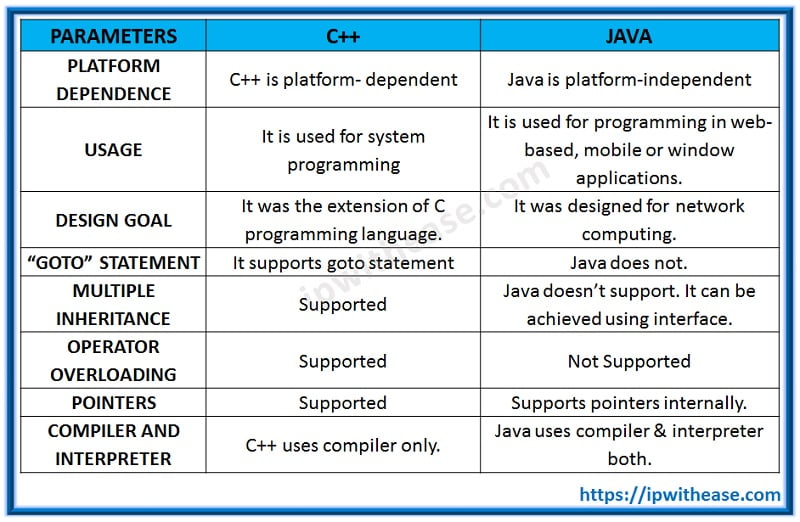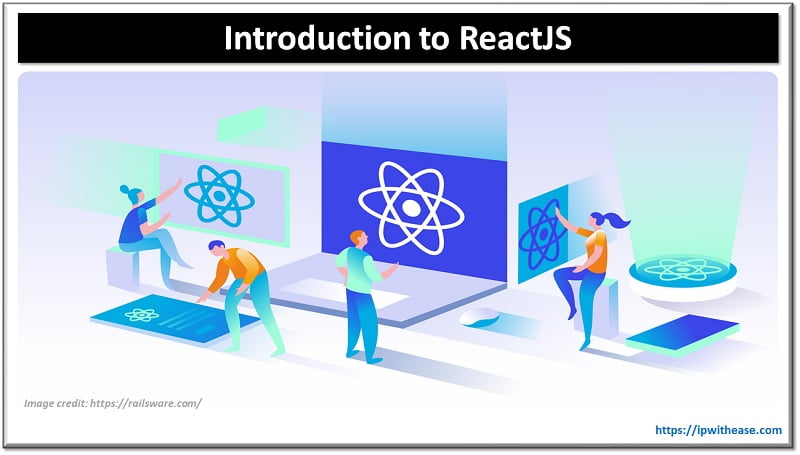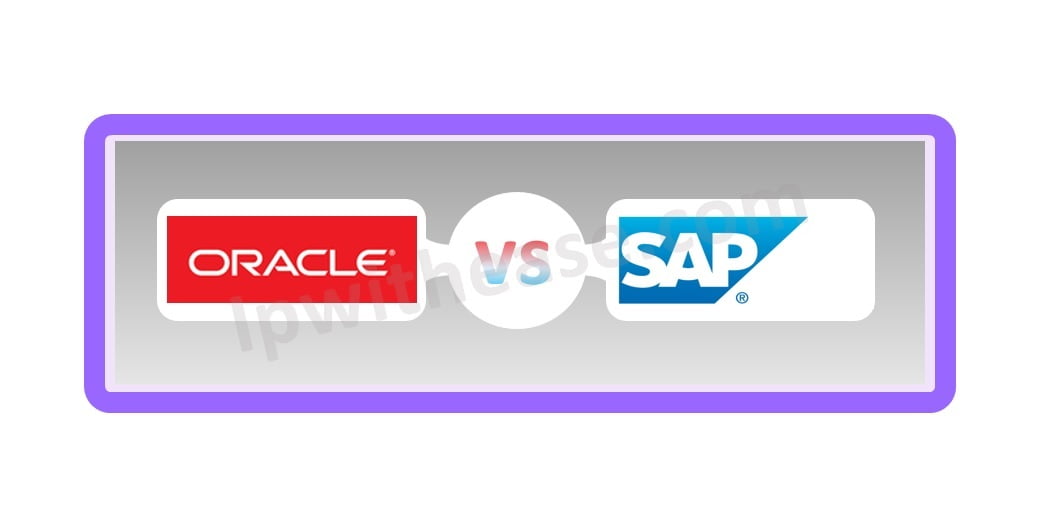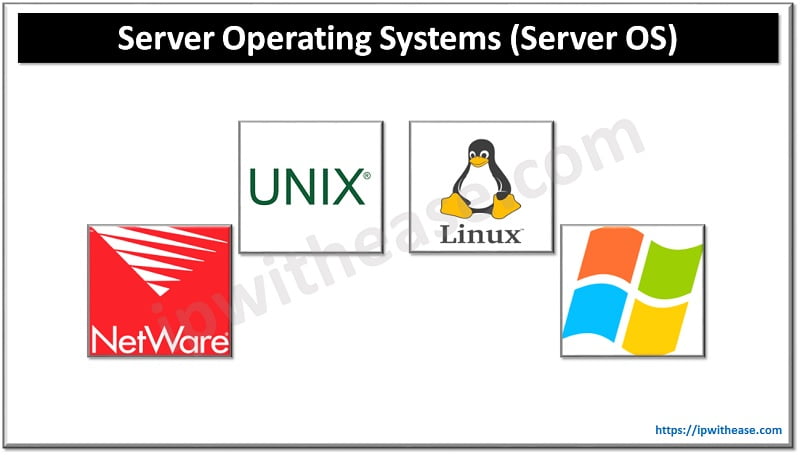In this blog, we will discuss the differences between C++ and Java.
C++:
C++ is an object-oriented, functional, procedural, multi-program and general-purpose programming language developed by Bjarne Stroustrup. C++ is generally considered as an extension of C language.
C ++ is a high-level language that also allows using low-level memory manipulation.
Java:
Java was developed by Oracle and is an object-oriented language that has only high-level features. It was originally developed by James Gosling. Java does not give the freedom to do low-level memory manipulation like C++
Key Differences:
Ease of Use & Development Speed:
C++ and Java have their own set of libraries, SDK’s and frameworks which make the programming easy and development process of any program speeds up.
C++ libraries & frameworks consist of boost, JUCE, Loki, APR, ETL, ASL, Cinder, Windows template library, etc.
Java libraries and frameworks consist of Blade, JavaServer, Primefaces. Vaadin, Faces, Hibernate, GWT etc.
Both C++ and Java are the general-purpose language which means that users can develop their software application for any type of platform with the help of tools, libraries, frameworks, and IDEs.
Usage:
C++ is generally used for building desktop apps, machine learning libraries, operating system, embedded system, mobile apps and application which require complex graphical processing, so on. It is also used for automation, automotive, internet of things, set-top-box, etc.
Java is used for building web apps, desktop apps, web APIs, games, cloud applications, mobile apps, unit tests, app servers, enterprise applications, etc. It is also used in the field of self-driven cars, data analysis, etc.
Popular applications:
Popular applications of C++:
Popular companies like Amazon, Bloomberg, HP, Apple, Facebook, IBM, HP, Intel, Mozilla, Microsoft, Autodesk, Adobe, AT&T are using C++.
Some famous applications of C++ are Photoshop, Maya, Illustrator, Windows Vista, Microsoft Office, Mozilla Firefox, Windows 7, Windows 9x, Internet Explorer, Java VM core, Windows NT, Chrome, Visual Studio, Acrobat, Windows XP, InDesign and many more.
Popular applications of Java:
Popular applications of Java are Tommy Jr, JPC, Project Looking Glass, Netbeans IDE, Blu-RayBD-J, NASA World Wind, UltraMixer, SunSpot, ThinkFree and many more.
C++ is complied language whereas Java is compiled or interpreted language.
Cross-platform apps:
C++ program will run on the operating system only where it is compiled. It will never run on another operating system. To run it on a different operating system you are required to recompile it. On the other hand, Java program can be run on any platform if JVM is installed. No need to recompile it.
Memory Safety:
C++ is not at all memory-safe language. You need to do memory management. Memory errors can occur which sometimes creates serious problems like crashes during the time of program execution. Java is a system controlled language that does not allow memory manipulation. It is a memory-safe language.
Pointers:
C++ supports full pointers whereas Java supports limited pointers.
Threads:
Java support threads but C++ does not.
Performance:
C++ is a fast language as it does not require interpretation. Java, in contrast is not as fast since it needs to be interpreted first and then executes. But Java optimizes the code directly using JVM which increases the performance of the program. This means that the Java program runs faster than the C++ program in scenarios where the C++ program is not optimized. If the C++ program is optimized then it will run faster than Java.
C++ is a low-level language which means it is close to hardware but in the case of Java, it is not close to the hardware as it is high-level language.
Scope resolution operators:
C++ purely supports scope resolution operators while Java never supports such type of operators.
Default arguments:
Default arguments are present in C++ but not in Java.
ABOUT THE AUTHOR

You can learn more about her on her linkedin profile – Rashmi Bhardwaj




